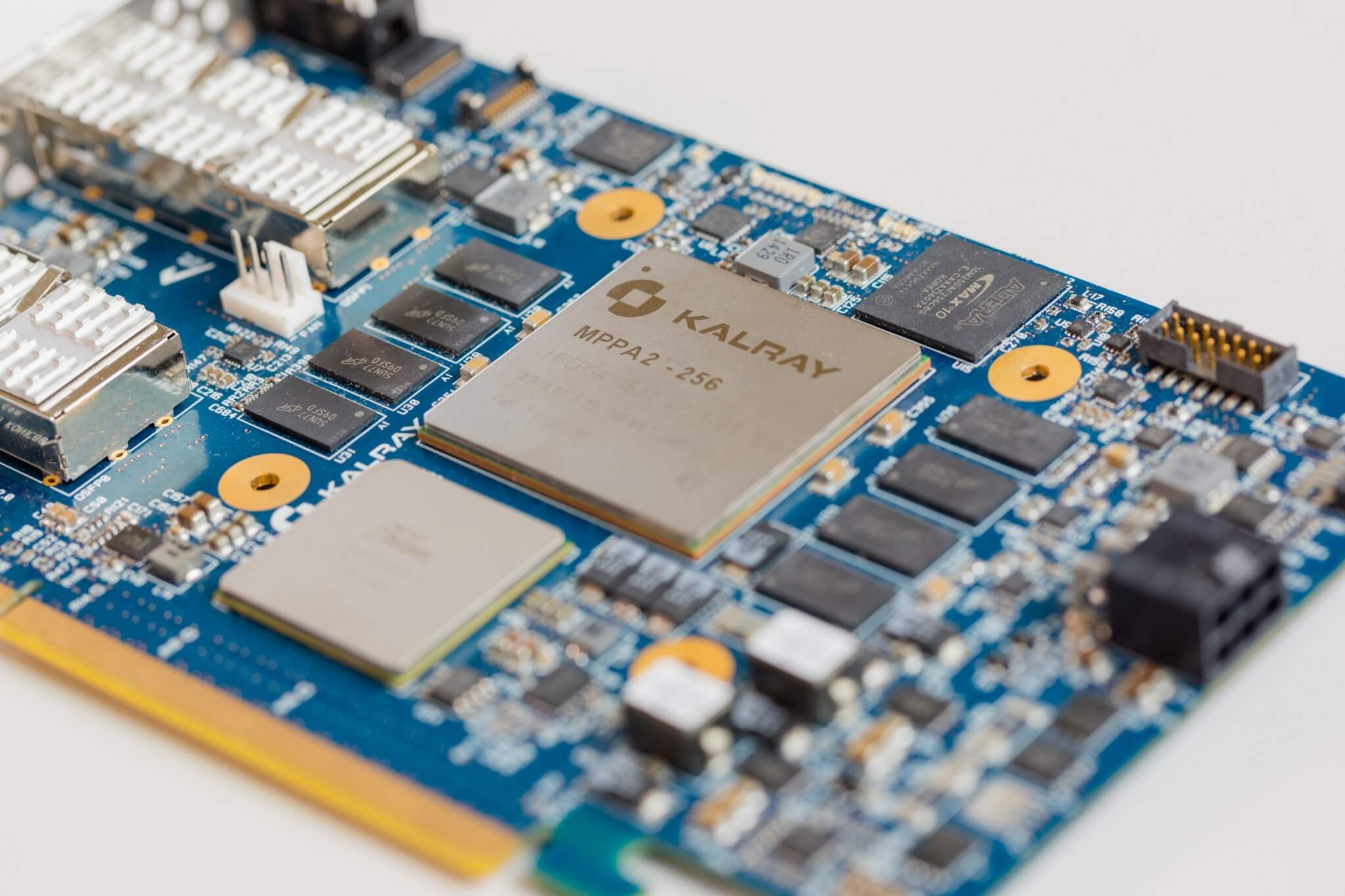The big picture: As the internet and computing continue to impact our society in powerful ways, so too have they changed the political landscape. When it became apparent over the last few years that the ability to develop processors was almost everywhere but Europe – Intel, Nvidia, Broadcom and Qualcomm in America, Samsung in South Korea, TSMC in Taiwan, ARM owned in Japan – the European Union decided to step in and fund a program to shift technological advancements back to Europe. Thus, the European Processor Initiative was born.

The EPI has a single, overarching goal: create competitive processors for every major market segment in Europe. Six months from beginning development, they’ve reached their first milestone by submitting secretive architectural designs to the European Commission.
The EPI’s plan is to release their first family of processors codenamed ‘Rhea’ in 2021. The family will be oriented around one general purpose power-conscious ARM CPU core cluster, with various RISC-V accelerator chiplets added on to improve performance. Accelerated tasks will include high-performance computing, data analysis, artificial intelligence, and vector, tensor, and variable-precision processing.
Rhea should find its way into servers and most embedded systems (like planes) but it’s not targeted to consumers. While it will be developed into an automotive accelerator proof-of-concept, only the second-gen Cronos will arrive in wheels.
“The combination of general-purpose processors, hardware accelerators, security modules, and further IP modules on a system-on-chip is one of the key success factors for realizing a high-performant and energy-efficient automotive computing platform for autonomous driving and connected mobility.”
- Matthias Traub, manager of electric/electronic architecture at BMW Group Research, which is a member of the EPI consortium.
For the automotive sector, specifically self-driving cars, the EPI is switching to Kalray’s VLIW (very long instruction word) instruction set architecture. Kalray is a French manycore CPU manufacturer, who have an in-house core design and architecture. Their presently available second gen MPPA2-256 Bostan2 processor (pictured above) contains 288 cores, including 256 compute cores in 16-core clusters with a ‘management’ core each, and four quad-core packages to control the system. In addition, it has 128 co-processor cores for cryptography and two TRNG (true random number generator) cores for security. A blend between a CPU and GPU, it’s well suited to automotive applications.
The EPI doesn’t intend on making a small impact on the industry, it intends on revolutionizing it and becoming a big player in the exascale era (when computers can do one quintillion or a billion billion calculations per second). It believes in can achieve this by redesigning processors from the ground up for the modern era, without being held back by the legacy designs and architectures that are still prevalent today. It will also build modern developer kits, compilers, libraries, and even an operating system. To fund all that research, it hopes to become profitable in a few years though it will remain owned and operated as a relative of the European Union.